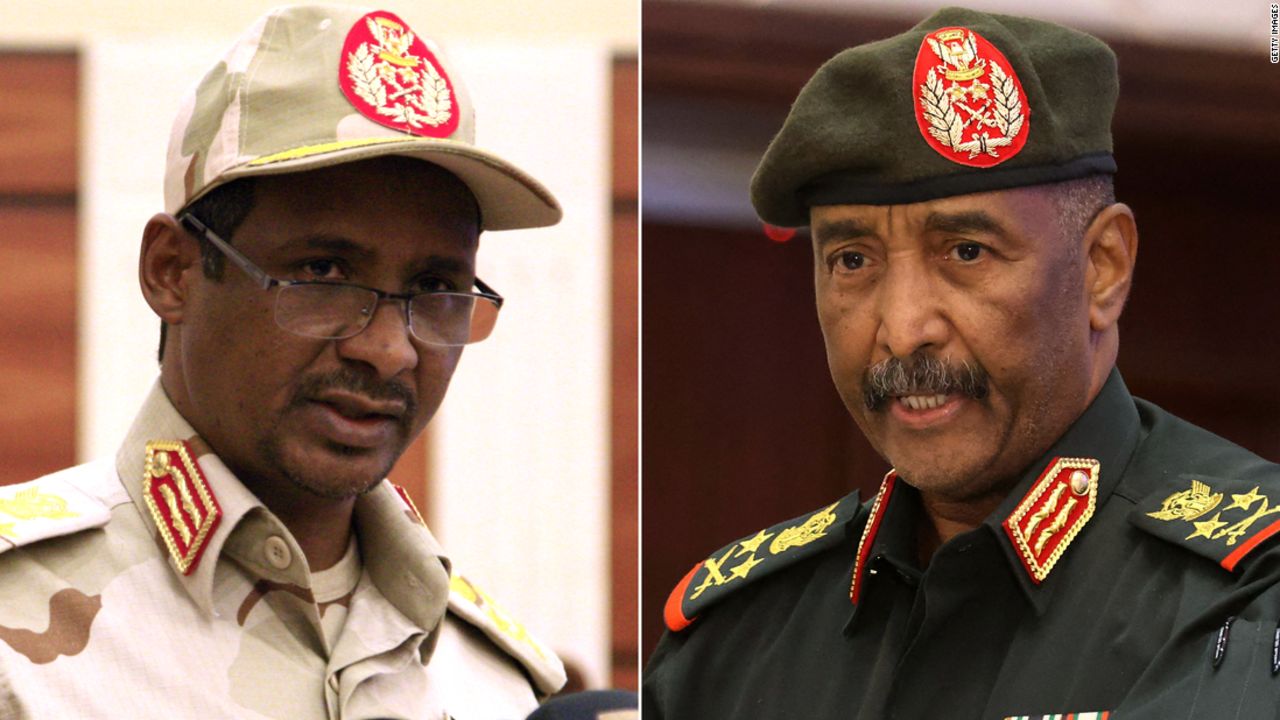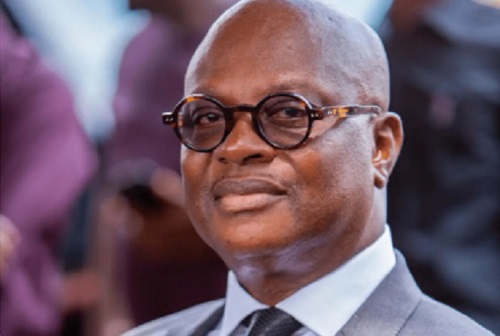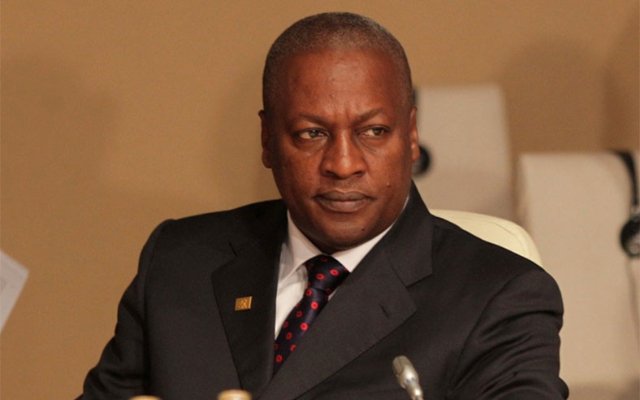The power struggle between two generals in Sudan and its associated violence escalated dramatically on Saturday and Sunday, with at least dozens of civilians and soldiers killed.
It remains unclear who has the upper hand in the power struggle, according to media reports, which said fighting around the Sudanese army’s general command in the capital Khartoum had intensified.
At least 83 people have died and 1,126 others have been injured in heavy fighting in Sudan between the army and the influential paramilitary group Rapid Support Forces, the World Health Organisation said on Sunday.
A Sudanese medical organisation said on Sunday that so far at least 56 civilians and dozens of soldiers had been killed.
According to WHO, the hospitals in Khartoum, which is home to around six million people, have been overwhelmed.
Among those killed on Saturday were three employees of the UN World Food Programme, which announced on Sunday that it had stopped its aid mission due to the killings.
Two other WFP employees were injured in the clashes between the army and paramilitaries.
WFP executive director Cindy McCain said the staff had been delivering relief supplies to people in the village of Kabkabiya in North Darfur.
She called for “immediate steps” to ensure the safety of other WFP staff in Sudan.
The events triggered worldwide fears of a potential civil war in the state with about 46 million inhabitants and prompted calls from the international community for an immediate ceasefire.
As the situation escalated, two important regional organisations convened emergency meetings on Sunday. The Peace and Security Council of the African Union consulted on Sunday afternoon on the “worrying” situation in Sudan. The Intergovernmental Authority on Development (IGAD) in East Africa also convened an extraordinary summit of heads of state and government.
The IGAD wants to discuss how best to “de-escalate the situation in Sudan and restore calm for the good of the country,” executive secretary Workneh Gebeyehu said on Twitter.
The clashes follow tension between Sudan’s de facto president and commander-in-chief Abdel Fattah al-Burhan and his deputy Mohammed Hamdan Daglo, also known as Hemedti, the leader of the RSF.
The RSF and the military have effectively held power in the country since the fall of dictator Omar al-Bashir in 2019.
In the course of the delayed transition to a civilian government, the RSF were to be integrated into the armed forces, which led to a rift between the allies. RSF leader Daglo accused al-Burhan of clinging to power.
Fighting broke out unexpectedly on Saturday morning in Khartoum.
The RSF claimed Sudanese soldiers had entered their headquarters in the south of the city.
RSF forces attacked the airport in the north of the city and the presidential palace.
The army used fighter planes and tanks.
On Sunday, fighting continued to concentrate on the nearby army headquarters and the state radio building.
Both sides repeatedly reported combat successes that contradicted each other.
The claims of both sides could not be independently confirmed.
Fighting was also reported in other parts of the country such as Darfur and North Kordofan provinces.
Heavy fighting was also reported in the town of Merowe in the north of the country.
As the situation escalates, the UN Security Council called on all parties to the conflict to stop the fighting and start talks to end the crisis.
Humanitarian workers must also be given safe access and UN staff must be protected from attacks; the UN’s most powerful body demanded on Sunday.
The statement stressed the goal of the unity, sovereignty, independence, and territorial integrity of the republic of Sudan.
German Foreign Minister Annalena Baerbock demanded a ceasefire.
The Punch

 Boss Of The Week3 days ago
Boss Of The Week3 days ago
 Featured5 days ago
Featured5 days ago
 Middle East3 days ago
Middle East3 days ago
 The Oracle4 days ago
The Oracle4 days ago
 Headline5 days ago
Headline5 days ago
 News5 days ago
News5 days ago
 Islam4 days ago
Islam4 days ago
 Opinion3 days ago
Opinion3 days ago














